Investment in food e-commerce companies shows no signs of abating after Indian e-grocer BigBasket raised a whopping $150 million in a Series D round led by The Abraaj Group, a high-profile global private equity firm. The round attracted some other new investors in the International Finance Corp — the financial arm of the World Bank — and Sands Capital, an Arlington, Virginia venture capital firm.
BigBasket’s investor base includes a bevy of established VCs from India and the US including Bessemer Venture Partners, Helion Advisors, Zodius Capital and Ascent Capital. They all joined the Series D funding round and have contributed to over $230 million of funding for the company overall, according to CrunchBase.
The funding round follows a strategic, undisclosed investment in US e-grocer Instacart by Whole Foods, one of its suppliers, a couple of weeks ago. The US company raised $220 million last year and counts Kleiner Perkins Caufield & Byers, Andreessen Horowitz, Khosla Ventures, and Sequoia Capital among its investors.
Food e-commerce has sprung onto the investment landscape with the promise of feeding successful but time-poor millennials on-demand. Many food e-commerce companies also play on the growing demand for convenient, healthy food options, and the overall convenience many consumers look for so that they can spend more time working or focusing on other things. And there’s no doubt that these services are becoming more and more popular. Statista predicts an annual growth rate in food & beverage e-commerce revenues globally of 15.5 percent.
But with $1.65 billion invested in food e-commerce startups in 2015, according to AgFunder that excludes restaurant delivery services, and at least $220 million invested so far this year, there are concerns a bubble is forming in the subsector.
These fears are compounded when news hits the screens about various downsizings and failures. To name just a few, one of the US’s first e-grocers Good Eggs was forced to cease operations in three cities last year, and two competitors to BigBasket in India, Grofers and PepperTap — which raised $165 million and $51.2 million respectively last year — have closed operations in multiple cities in India this year. According to TechCrunch, the “unit economics of less-developed cities [was] particularly challenging” for the companies.
This will not come as a surprise to some.
“In re-imagining distribution to the consumer, the clear focus has to be who is the target customer, what is the value proposition and what are the unit economics of the business? Unit economics relates to the cost of acquiring a customer and the lifetime value of the profitability that customer drives,” says Vishal Vasishth, co-founder of Obvious Ventures. “Is that positive or negative? Some companies are going after scale, and maybe they’ll figure out the unit economics later, but I’m just not sure there’s always a strong hypothesis to show that the unit economics will work with some of these services.”
Companies are therefore finding that customer acquisition and retention costs significantly more than they expected in the face of fierce competition — a downside of the relatively low barriers to entry for a startup launching in the space.
“Investors have had a long love affair with delivery businesses, going back to Webvan, but the ultimate problem is the unit economics,” says Rob Leclerc, co-founder of AgFunder. “There’s an assumption that the unit economics improve as the market gets bigger, but that’s not necessarily the case, especially with some services that are initially targeting the high-end of the market, which enjoys the highest margins. And unless you’re fully integrated, there’s very little ability to control the supply chain.”
Leclerc adds that when calculating the market size — which is understood to be around $15 billion in India — people use the total amount spent on food delivery when really the e-commerce companies are just making a portion of that from delivery charges or small margins.
“So India’s $15 billion e-commerce market shrinks to a $750 million market for revenue, and again even smaller for earnings. So people are basically spending billions to make millions; it’s just poor allocation of capital,” he adds.
Speaking at yesterday’s Mixing Bowl Hub in New York, Brita Rosenheim, strategist and advisor at Rosenheim Advisors, a financial consulting firm, said she expects some consolidation and down-rounds in food e-commerce in 2016. She was surprised this didn’t happen in 2015.
“There will be some winners in this space, but they are not necessarily making any money yet,” she said, adding later that the winners will be those creating value out of the market intelligence they’re gathering from their users. “There are smart people leading some of these startups such as Instacart,” she told AgFunderNews.
Instacart might just be one of those winners after becoming “unit economic profitable” in 10 of its markets, according to an article in Fortune today. The company makes as much as $6.96 per order in Atlanta, where orders account for 3 percent of the company’s overall volume, and $4.29 per order in Chicago, its largest market with 14 percent of volume. It does continue to lose money in some markets like New York City, however.
For Instacart, the unit economics are improving as it gains more customers because it can batch together orders, allowing for more deliveries per hour. It keeps a close eye on “items per minute” in shoppers’ carts, and it’s also streamlined its staff in some markets like Minneapolis where there wasn’t enough demand to have separate shoppers and deliverers, according to the interview with Fortune’s Dan Primark.
“We’ve gotten much smarter at matching supply and demand, which has improved the efficiency of our fulfillment by 15% over the past five months,” says Jeremy Stanley, VP of data science in the interview. “What’s particularly tricky is making sure our shoppers aren’t waiting around while also not constraining a customer’s ability to place orders. So we track a counterbalance metric called ‘lost delivery,’ and have managed to keep that quite low.”
BigBasket, which was not reachable for comment, is focusing on expanding its own range of groceries that currently account for 33 percent of revenues and are projected to reach 40 percent by the end of this year, according to a press release.
“We have a unique opportunity to build one of the largest grocery businesses in the country, whether offline or online, and we expect the capital raised in this round to enable us to do just that,” said VS Sudhakar, co-founder of Big Basket in a press release. “We intend to increase the reach of our just-launched one-hour express delivery service and also launch our marketplace for specialty stores in the coming months. This coupled with an expansion in our range of private label products will create a solid foundation for growth in both revenue and profitability.”
BigBasket sells over 19,000 products across 1,000 brands, averages five million monthly unique visitors to its website per month, and executes over one million orders per month. Revenues have increased five times over the last 18 months supported by the launch of its own brand of products, according to the press release.
Abraaj Capital, a global private equity firm that’s deployed over $1.4 billion in its 10-year history, is clearly confident in the market potential for BigBasket too. In the press release on its website, Abraaj quotes a recent research report from Goldman Sachs estimating that India’s e-commerce sector will reach $300 billion by 2030.
“The country has the third largest internet user base in the world, but an extremely low rate of internet penetration. However, by 2020, the number of people online is estimated to be over 670 million and this could hit one billion by 2030,” reads the release.
This is Abraaj’s third e-commerce investment — it’s also invested in Turkish online retailer Hepsiburada and Dubai-based mobile application taxi service Careem — and its third investment in India in five months, according to the press release.
“We are excited about the investment opportunities in India, a key geography for us, where we continue to identify and partner with market-leading companies,” said Omar Lodhi, partner and head of Asia for the group in the release. “Abraaj will leverage its strong experience in the consumer sector to enable BigBasket to further enhance its strong domestic position.”
“The strength of BigBasket’s business, which amounts to a transformational experience for its target consumers, is evident from the success of this fundraising. As India moves towards organized retailers that offer standardized quality, comfort and speed in the shopping experience, we look forward to guiding BigBasket in its next phase of development,” he added.
Abraaj had not yet responded when AgFunderNews went to press. Requests for comment from Sands Capital and Bessemer had also gone unanswered.
What do you think? Get in touch on [email protected]

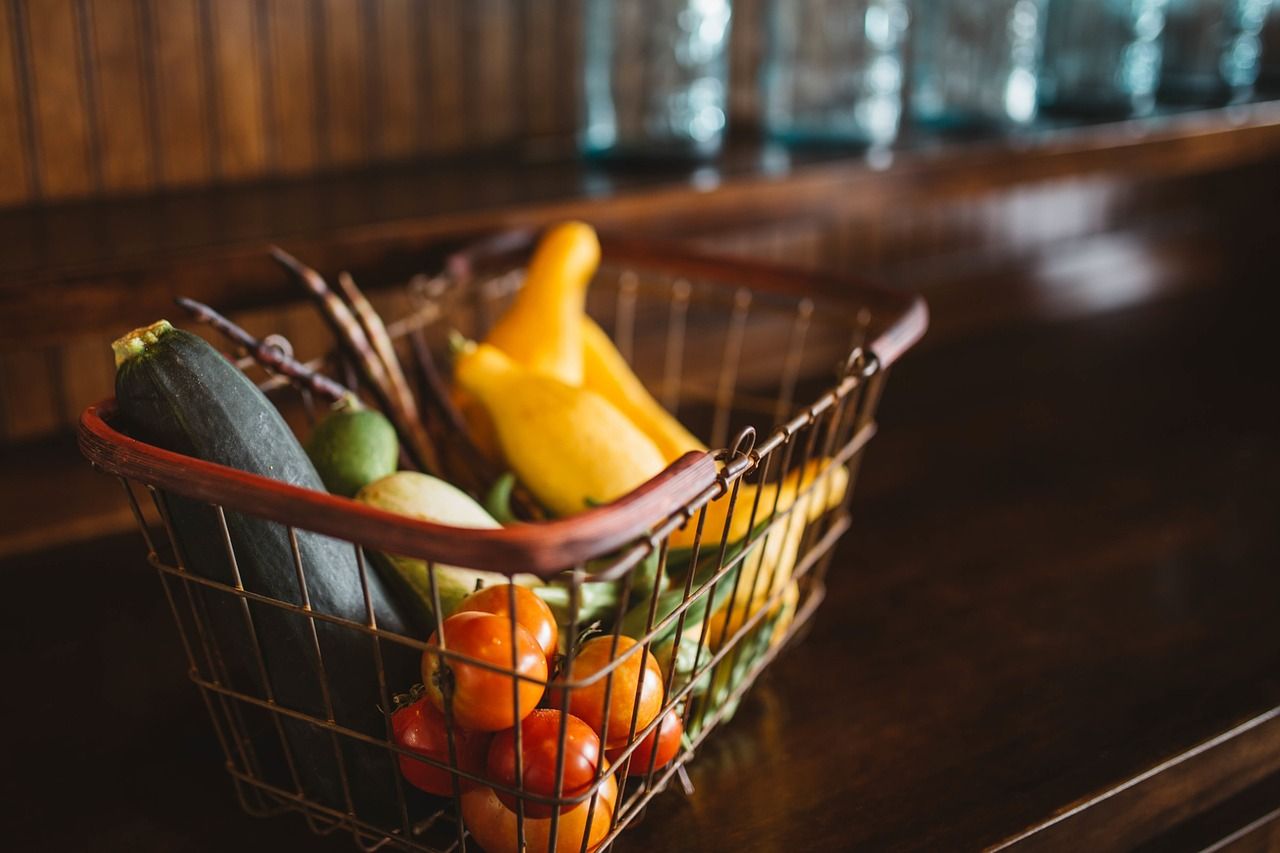
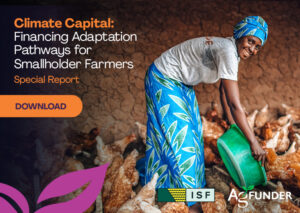

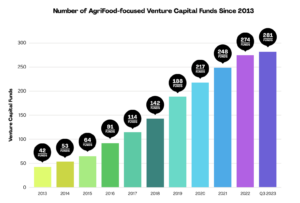
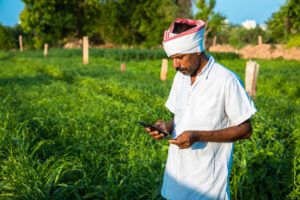

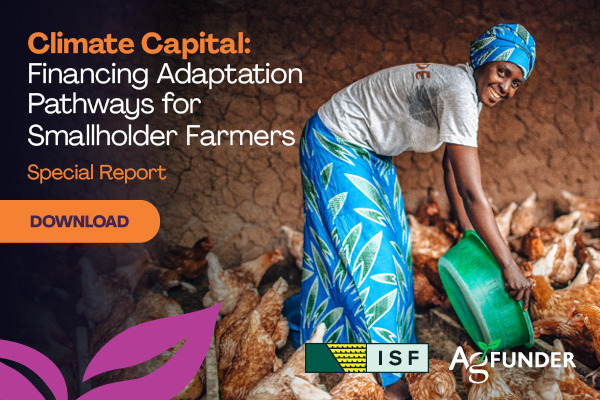



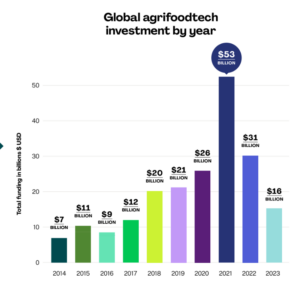




Sponsored
International Fresh Produce Association launches year 3 of its produce accelerator